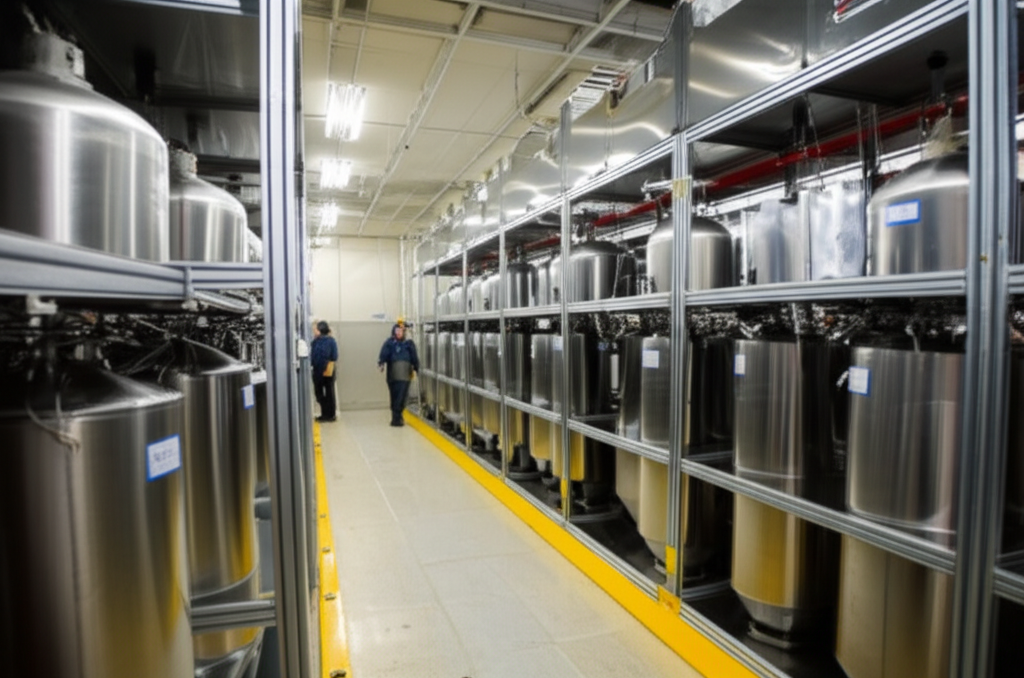Vinyl Silicone Oil, specifically identified by CAS Number 68083-19-2, stands as a cornerstone raw material in the dynamic field of advanced silicone chemistry. As a clear to slightly yellowish liquid, this versatile intermediate offers unique properties that are indispensable for developing a wide range of high-performance materials. Its molecular structure typically features vinyl groups located at the chain ends or along the polymer backbone (branched type), providing crucial reactive sites for subsequent chemical modifications and crosslinking reactions. This inherent reactivity distinguishes Vinyl Silicone Oil from basic polydimethylsiloxane fluids and makes it a vital component in addition-curing silicone systems.
The physical characteristics of Vinyl Silicone Oil CAS 68083-19-2 vary depending on the specific polymer chain length and vinyl group content. Common specifications include a range of viscosities, typically measured at 25 °C, which can span from low fluidity to high viscosity grades. The presence of vinyl functional groups, often specified as a percentage, directly influences the reactivity of the oil and its ability to crosslink with other silanes or silicones containing Si-H bonds, usually in the presence of a platinum catalyst. This addition reaction (hydrosilylation) is the basis for fast-curing, highly stable silicone elastomers and gels.
Beyond its primary role in crosslinking, Vinyl Silicone Oil possesses many of the desirable attributes associated with traditional silicone oils. These include excellent thermal stability, good dielectric properties, low surface tension, and resistance to weathering and chemical degradation. Its surface characteristics contribute to properties like smoothness and a bright appearance in finished products. Furthermore, due to the presence of vinyl groups, this material often exhibits improved intermiscibility with certain organic polymers compared to non-functional silicones, expanding its utility as a modifier.
The applications of Vinyl Silicone Oil CAS 68083-19-2 are diverse and critical across numerous industries. A major use is in the formulation of silicone rubber, particularly high-temperature vulcanized (HTV) silicone rubber and room-temperature vulcanized (RTV) silicone rubber (both one-part and two-part systems), as well as silicone gels. In these formulations, it can function as a base polymer, a crosslinking agent component, or a rheology modifier. For instance, high viscosity grades can be used as hardening agents or diluents for ultra-high molecular weight silicone gums before vulcanization, helping to process and cure these materials effectively. Lower viscosity grades might serve as reactive diluents or plasticizers.
As a modifier, Vinyl Silicone Oil can be incorporated into various organic resin systems, such as acrylic resins and ethylene vinyl acetate (EVA) copolymer resins. Its inclusion can improve flexibility, impact resistance, weatherability, and adhesion properties of the resulting materials. This capability to enhance the performance characteristics of different polymer matrices makes it a valuable additive in coatings, adhesives, sealants, and plastics.
The creation of silicone gels for sensitive applications, such as electronics potting or medical devices, also heavily relies on Vinyl Silicone Oil. The controlled crosslinking enabled by the vinyl groups allows for the formation of soft, compliant, and protective gel structures with excellent damping and insulating properties. Its purity and consistency are paramount in such demanding applications.

Utilizing Vinyl Silicone Oil effectively requires careful consideration of compatibility and potential side reactions. As a material with inherent chemical reactivity, it should be handled with care, avoiding contamination with impurities, especially catalysts or acidic substances, which could trigger premature reaction or degradation. Proper storage in airtight containers, away from heat and sunlight, is essential to maintain its stability and reactivity over time. Dispersion methods like high-speed mixing are recommended during formulation to ensure homogeneous distribution within the system.
Producing high-quality Vinyl Silicone Oil CAS 68083-19-2 demands stringent manufacturing processes and quality control measures. Adherence to international standards, such as ISO certifications, provides assurance of product consistency and reliability batch after batch. Manufacturers employ sophisticated analytical techniques to verify key parameters like viscosity, vinyl content, and purity levels.
For businesses requiring this essential raw material, finding a reliable manufacturer and supplier is crucial for ensuring continuity of production and the quality of their final products. A reputable supplier will not only provide material meeting required specifications but also offer technical support and guidance on handling, storage, and application. Factors influencing the decision to buy or purchase should include the supplier's track record, production capacity, quality control protocols, and logistical capabilities.
While evaluating sourcing options, the price is naturally a consideration, but it should be weighed against the consistency and performance offered by the material. Investing in high-quality Vinyl Silicone Oil from a trusted partner ultimately contributes to the success and reliability of the end product. Companies looking to acquire this versatile liquid should contact experienced providers to discuss their specific needs regarding viscosity, vinyl content, and volume, facilitating a smooth and efficient purchase process for this indispensable chemical intermediate.
Manufacturing Facilities






Professional Export Experience
to Global Customers

1. 20 years of R&D, manufacturing and sales experience, serving customers in 60 countries and regions around the world;
2. Own R&D laboratory, pilot platform and large-scale production workshop, which can meet the audit requirements of global customers;
3. We can satisfy customers' perfect transition from small scale lab requirements (gram level) to commercialization requirements (hundred tons level).
A: We don't have Minimum Order Quantity, exact quantity should be provided before quotation for us to calculate the exact cost.
A: We don't provide free samples due to lots of request and expensive international courier's cost, we can deduct the sample charge after commercial order placed.
A: Our payment terms: Small or sample order: T/T IN ADVANCE. Commercial order: First order should be by T/T IN ADVANCE or L/C at sight, and following orders T/T 30~90days is acceptable subject to approval of credit application.